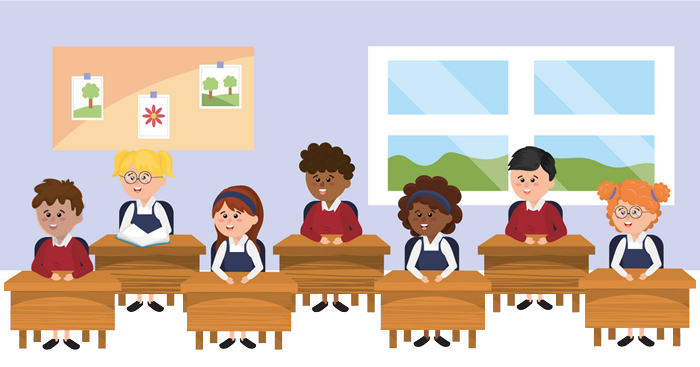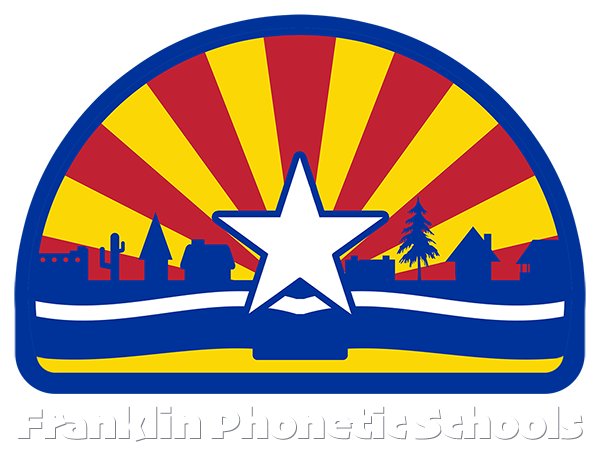
Student Services

The Student Support Services Department serves the two community in the areas of student services, special education, and health services. The Directorof Student Services plans, organizes, administers and provides leadership for these school programs. .
The Student Services Department is responsible for the operative coordination, delivery, evaluation, and refinement of student services throughout the district. The division also ensures that all programs are in alignment with the outcomes for student success as identified in the district's strategic plan. Specific programming within the Student Services Department includes, but is not limited to, special education, health services, psychological services, Section 504 (Rehabilitation Act), child welfar, student guidance, and discipline.
Please contact us if we can be of assistance.
Departments
- Athletics Services
- Business Services
- Technology Services
- Education Services
- Student Services
- Counseling Services
- Food Services
- School Safety
Services
Counseling Services
What is School Counseling?IEP Social Behavior Groups:
The counselor works with students in a small group to further develop regulation over behaviors and appropriate social skills as a part of students' IEP goals.
Classroom Lessons:
The counselor developed a curriculum for classroom lessons from pre-k-6th grade. The topics of these lessons include: expressing feelings, coping skills, emotional regulation, personal safety, friendship, organization, diversity, empathy, anxiety, coping with COVID etc.
Individual or Small Group Sessions:
The counselor has an 'open door policy' for students who need a space to calm down or discuss difficulties in school or at home. If the student is having a conflict with a peer, the counselor can meet with both students to work through the problem. Information reported to the counselor remains confidential unless the student shares information that requires mandated reporting.
Family Support:
The counselor will happily make referrals to services on your behalf if there is a need for housing, food and essentials, external therapy services, or community support resources.
Form for Coucelor.Special Education
ADDRESSING THE SPECIAL NEEDS OF FPS STUDENTSSPED Policies/Procedures
Franklin Phonetic Schools are committed to serving the educational needs of each of its students. Students learn in a variety of ways and most of our students learn effectively in a traditional instructional setting. However, sometimes students may require additional assistance and support.
The reauthorization of the Individuals with Disabilities Education Act (IDEA) in 2004 was viewed by Congress as an opportunity to review, strengthen, and improve IDEA 97 to better educate children with disabilities and enable them to achieve a quality education in the least restrictive environment (LRE). One of the ways Congress sought to achieve this was by ensuring access to the general education curriculum and providing students with appropriate interventions before special education is considered. The new emphasis on participation in the general education curriculum is intended to first consider interventions, accommodations and adjustments necessary for students to access the general education curriculum in LRE.
Each school site has a Student Success Team (SST) of trained professionals who review concerns about individual students. The SST serves as a general education problem-solving process and is a forum to support classroom teachers in their effort to provide quality classroom experiences for all of their students. The SST is a general education process that is neither a function of special education nor an automatic process for referral and/or assessment for special education services. Those students who have been assessed and identified as having a disability may be eligible to receive special education services through an Individual Education Program (IEP). These services are designed to meet the student's individual educational needs.
How do I know if a student may need special education services?
Your student may have difficulties that interfere with his/her ability to go to school or to learn. These difficulties may be in one of these general areas:
Speech and Language Development
Some students may have a very difficult time learning to speak clearly and/or understanding what is said to them.
Vision Problems
Some students may have great difficulty seeing objects and/or printed words even though they may already be wearing glasses.
Hearing Problems
Some students may have difficulty hearing and/or distinguishing sounds and voices, even with hearing aids.
Physical Development
Some students may have trouble learning to walk, move or work with small objects.
Academic Development
Some students may have great difficulty learning to read, write or do arithmetic. Young students may have trouble with pre-school skills such as learning shapes and colors.
Thinking/Memory Skills
Some students may have more difficulty than others in remembering what they see or hear. As a result, it may be a challenge for them to solve problems in daily living or schoolwork.
Attention/Perception Skills
Some students may have difficulty processing or understanding information. As a result, it may be hard for them to pay attention or follow directions.
Social/Emotional Development
Some students may have trouble managing their feelings and/or behavior. They may find it very difficult to get along with others. It may be hard for them to make friends or to cope with changes in their lives.
Living Skills
Some students may be challenged by day-to-day activities such as dressing, feeding themselves or taking care of their basic health and grooming needs.
Other Health Conditions
Some students have serious or chronic medical conditions that may interfere with school attendance or learning.
Special Education
Specialized Academic Instruction
Instruction designed for students who require special education assistance is provided by a credentialed Special Education teacher as authorized on the student's Individual Education Program (IEP). This specialized instruction may be provided within the general education classroom in a co-teaching or collaborative model, through consultation with general education teachers, and/or in a pull-out model in the Learning Center. Additionally, assistance from trained instructional assistants and accommodations or modifications to curriculum provides additional support to students within the general education classroom. Specialized Academic Instruction focuses upon individual goals and objectives established for each student from their IEP.
Related Services
Adapted physical education, language and speech, physical and occupational therapy and counseling are some examples of Related Services. Related services may be required to assist a student to benefit from special education.
The above-mentioned special programs emphasize the importance of the least restrictive environment philosophy. The expectation is that the special needs student will participate in the regular school program as much as possible in the least restrictive environment (LRE) in order to access the curriculum.
Below are the links to our Special Education Policies and Procedures. If you would like your child tested or if you feel like your child needs accomodations then please contact us at either school.
SPED Policies and Procedures Apendix ASPED Policies and Procedures Table of Contents
SPED Policies and Procedures Handbook
Food Services

Dear Parent/Guardian: • At the Prescott Valley campus students wil pay no more than $3.50 for a nutritious lunch. Many students willl quality for free or reduced lunch. Application can be found HERE. • At Sunnyslope Campus all student will recieve free lunch. No application is neeeded.
Children need healthy meals to learn. Franklin Phonetic Schools will be offering healthy meals to all students at no cost every school day in School Year 2021-2022 . Your child(ren) will receive free breakfast every school day without having to pay a fee or submit a household application.
My Family
My family needs more help. Are there other programs we might apply for? To find out how to apply for Supplemental Nutrition Assistance Programs or other assistance benefits, contact your local assistance office or call 1-855-432-7587.

Estimado Padre/Guardian:
Los niños necesitan comida saludable para aprender. Franklin Phonetic Sunnyslope estará ofreciendo alimentos saludables a todos los estudiantes sin costo alguno todos los días escolares en el año escolar 2021-2022.
MI FAMILIA NECESITA MÁS AYUDA. ¿HAY OTROS PROGRAMAS PARA LOS CUALES PODEMOS SOLICITAR BENEFICIOS?
Para descubrir cómo aplicar para los programas de Asistencia de Nutrición Suplementaria u otros beneficios de asistencia, póngase en contacto con su oficina local de asistencia o llame al 1-855-432-7587.
Si usted tiene otras preguntas o necesita ayuda, llame al 602-696-6651.Atentamente, SHARIE BANBURY,Food Service Director


